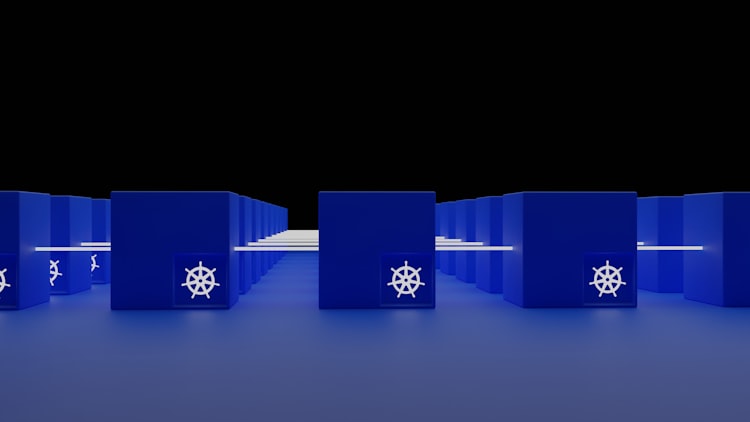Expanding on Kubernetes: Where it Runs and a Spotify Story

Where Can Kubernetes Run?
Kubernetes is famous for its versatility, running seamlessly across various environments.
Whether working in the cloud, on-premises, or hybrid setup, Kubernetes provides a consistent platform for deploying and managing containerized applications.
Cloud Environments
Kubernetes is cloud-agnostic, supporting major cloud providers such as AWS, Google Cloud, and Microsoft Azure.
This flexibility allows developers to avoid vendor lock-in and move workloads between different clouds effortlessly.
On-Premises Data Centers
For organizations preferring to maintain control over their infrastructure, it can be deployed in on-premises data centers, enabling utilization of existing hardware while benefiting from Kubernetes' orchestration capabilities.
Hybrid Deployments
Many enterprises adopt a hybrid cloud strategy, combining on-premises infrastructure with cloud services.
Kubernetes seamlessly integrates with hybrid environments, offering a unified platform for managing applications across diverse landscapes.
Edge Computing
Where data processing happens closer to the data source, Kubernetes has found applications in managing containerized workloads at the edge, which is particularly valuable for techniques demanding low-latency processing, such as IoT (Internet of Things) deployments.
The Spotify Story: A Symphony in Kubernetes
Spotify, the famous music streaming service, faced a challenge familiar to many rapidly growing tech companies: the need for a scalable and efficient infrastructure.
As user numbers skyrocketed, the existing infrastructure needed help to keep up with demand.
Enter Kubernetes
Spotify embraced Kubernetes to orchestrate its containerized applications, providing the agility and scalability to handle millions of concurrent users.
The transition to Kubernetes allowed Spotify to streamline its deployment processes, scale applications dynamically, and enhance overall system reliability.
One of the critical benefits Spotify experienced was the ability to deploy updates seamlessly without disrupting the user experience.
Kubernetes' rolling updates feature enabled Spotify to continuously release new features and improvements, ensuring users could always access the latest and most significant features without downtime.
Moreover, Kubernetes' self-healing capabilities proved invaluable.
If a container or node failed, Kubernetes automatically detected and addressed the issue, minimizing downtime and maintaining a smooth user experience.
The success of Spotify with Kubernetes underscores the platform's capability to empower large-scale, dynamic applications.
As a result of adopting Kubernetes, Spotify achieved operational efficiency and the ability to innovate and evolve swiftly in a highly competitive industry.
Summary
In the ever-evolving landscape of technology, Kubernetes stands out as an influential tool for managing containerized applications.
Its ability to run across diverse environments and success stories like Spotify's highlights Kubernetes's transformative impact on organizations aiming to scale, innovate, and thrive in the digital age.
Whether in the cloud, on-premises or at the edge, Kubernetes continues to be a driving force behind the next generation of scalable and resilient applications.
I hope you have enjoyed this article. Till next time, happy programming and happy cloud computing!
Please don't forget to subscribe. Cheers! and Thank you!

